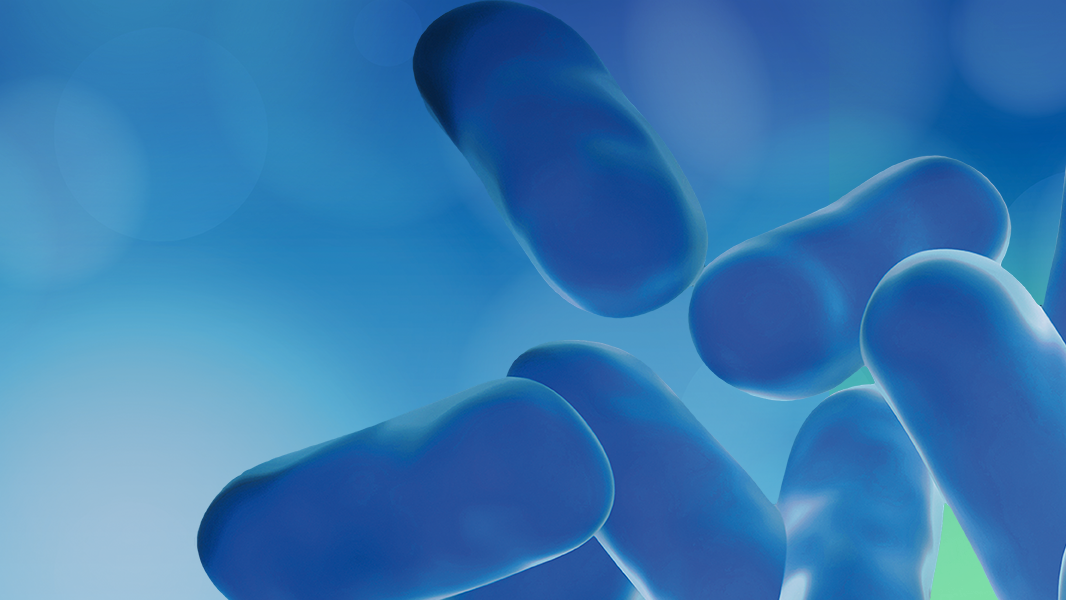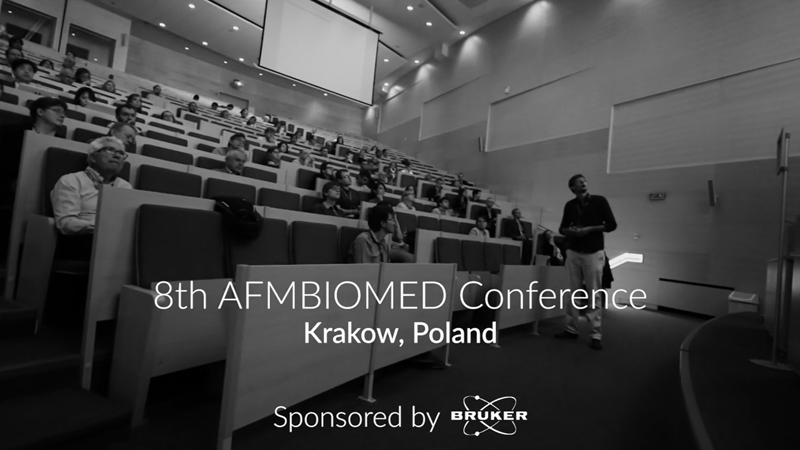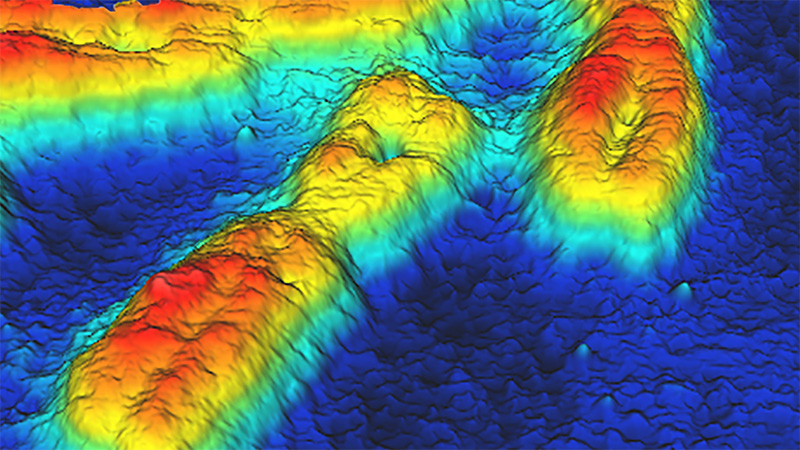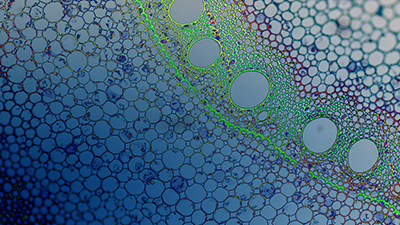
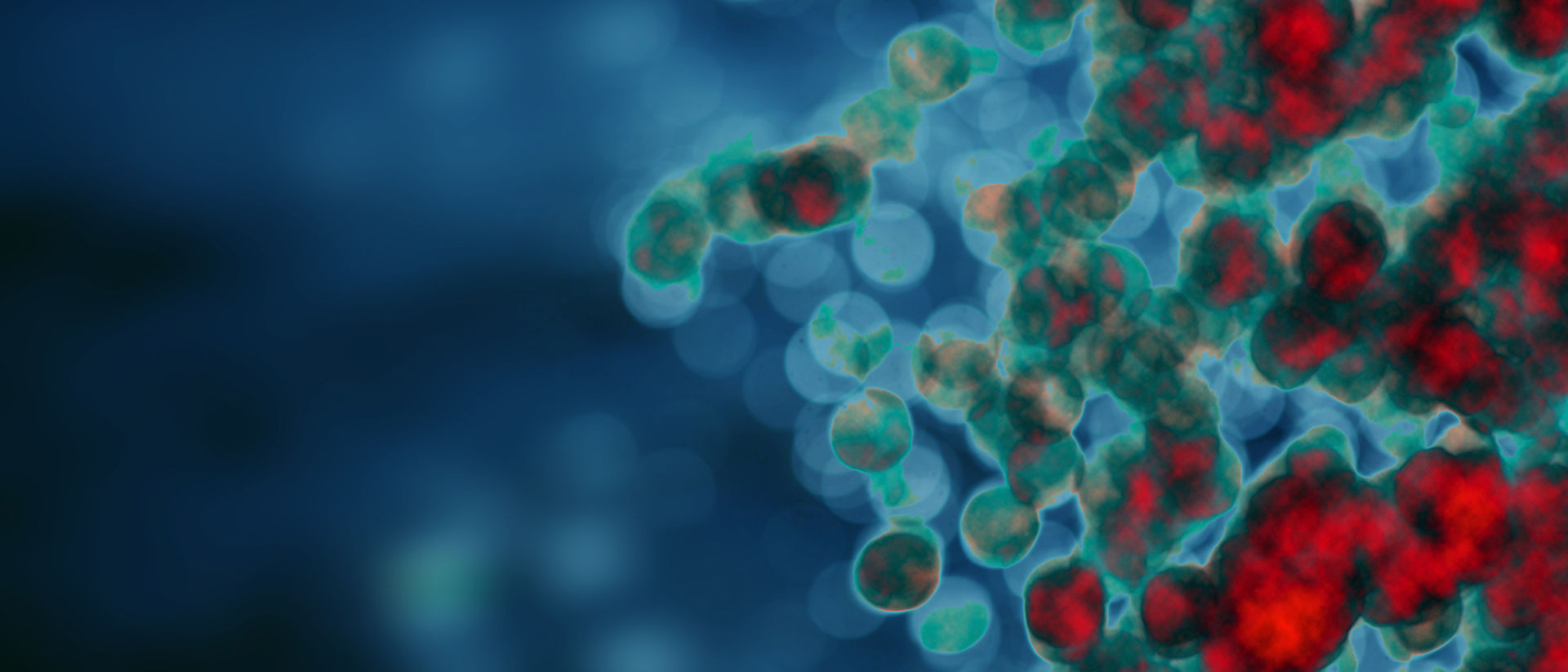
AFM Applications in Biomedical Research and Applications
The development of advanced targeted diagnostics and therapies often relies on single-cell- and single-molecule-level nanomechanical property investigation.
This webinar explores how AFM technology contributes to biomedical research by enabling the characterization of the nanomechanical properties of molecules, cells, and tissues as well as the visualization of structural changes taking place at the molecular level.
Program Overview
Explore the advanced characterization techniques enabling researchers to gain a better understanding of the biophysical and mechanical properties of biological materials. These include:
- Examination of the morphological and mechanical properties;
- Collection of adhesion measurements, including the work and force necessary for cell-cell detachment; and
- Using AFM as a tool for clinical prognosis.
Find out more about the technology in this webinar or our other solutions for biomedical research:
WATCH ON DEMAND | 20 MINUTES
The Impact of Drug Resistance on Ovarian Cancer Spheroids - Insights from the Biomechanical Phenotype
Lydia Powell, Ph.D.
CEAT, Swansea University Medical School
The presentation details the development of 3D spheroid specific image and force analysis in the research programme of the Cluster for Epigenomic and Antibody Drug Conjugate Therapeutics (CEAT) at Swansea University’s Medical School, Wales.
WATCH ON DEMAND | 30 MINUTES
AFM-based Assessment of Cardiovascular Risk
Nuno C. Santos, Ph.D.
Institute of Molecular Medicine
Faculty of Medicine, University of Lisbon
This presentation explores how AFM can be used to better understand how fibrinogen-erythrocyte binding influences erythrocyte aggregation and how it constitutes a cardiovascular risk factor in different cardiovascular diseases.
Featured Products and Technology
Speakers
Lydia Powell, Ph.D., Swansea University Medical School, Wales, UK
Dr. Lydia C Powell is a lecturer within Swansea University Medical School. Lydia’s research, operating at the interface between engineering and biomedical sciences, has been pivotal in understanding the biophysical and mechanical properties of complex 3D multicellular aggregates, such as bacterial biofilm structures and ovarian cancer spheroids. Lydia has translated this understanding into the design and delivery of new therapies for cystic fibrosis and chronic wound biofilm-related infections, where this research has informed the patenting and progression of novel anti-biofilm therapeutics into clinical trials (AlgiPharma AS and Qbiotics).
